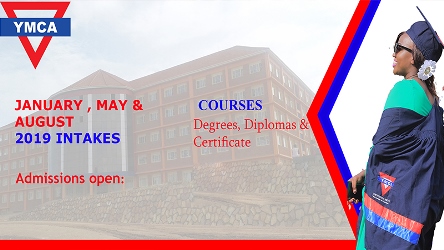Considering the subjects you like and enjoy – and why you enjoy them – is an easy way to start thinking about your career and may help motivate you with your studies or training.
Start with the obvious subject connections such as Mathematics to Mathematician, Psychology to Psychologist, Law to Lawyer, as well as a variety of roles involving teaching and training. In reality, few people go on to careers exactly related to their chosen subject but often there is some sort of link. So if you love PE (Physical Education) how about a career in sport?
Next, try thinking more broadly. Studying History for example, may lead to roles in museums and heritage, such as a Curator or Archivist. And look at the skills needed for your subject. Again for History, skills such as research, developing an argument and presenting your ideas in clear and logical way are all key. Such abilities could lead to a career in areas including Politics, Law, Journalism or Marketing and Public Relations (PR).
Finally, drill down. What exactly do you like about your favourite subjects and what parts of other subjects do you enjoy? Is there a particular module or topic that has really stood out? Once you’ve identified a particular aspect, use this as a starting point for further investigation.
School subjects sometimes provide a foundation for more specialist subjects – so Geography for example, can include elements of Environmental Studies, Economics, Geology, and Town Planning – all of which can be studied individually at a higher level and can lead to range of careers. But if it’s the field trips that you like best, then a job in land-based services, such as in countryside or forestry management, could be just the ticket.
























